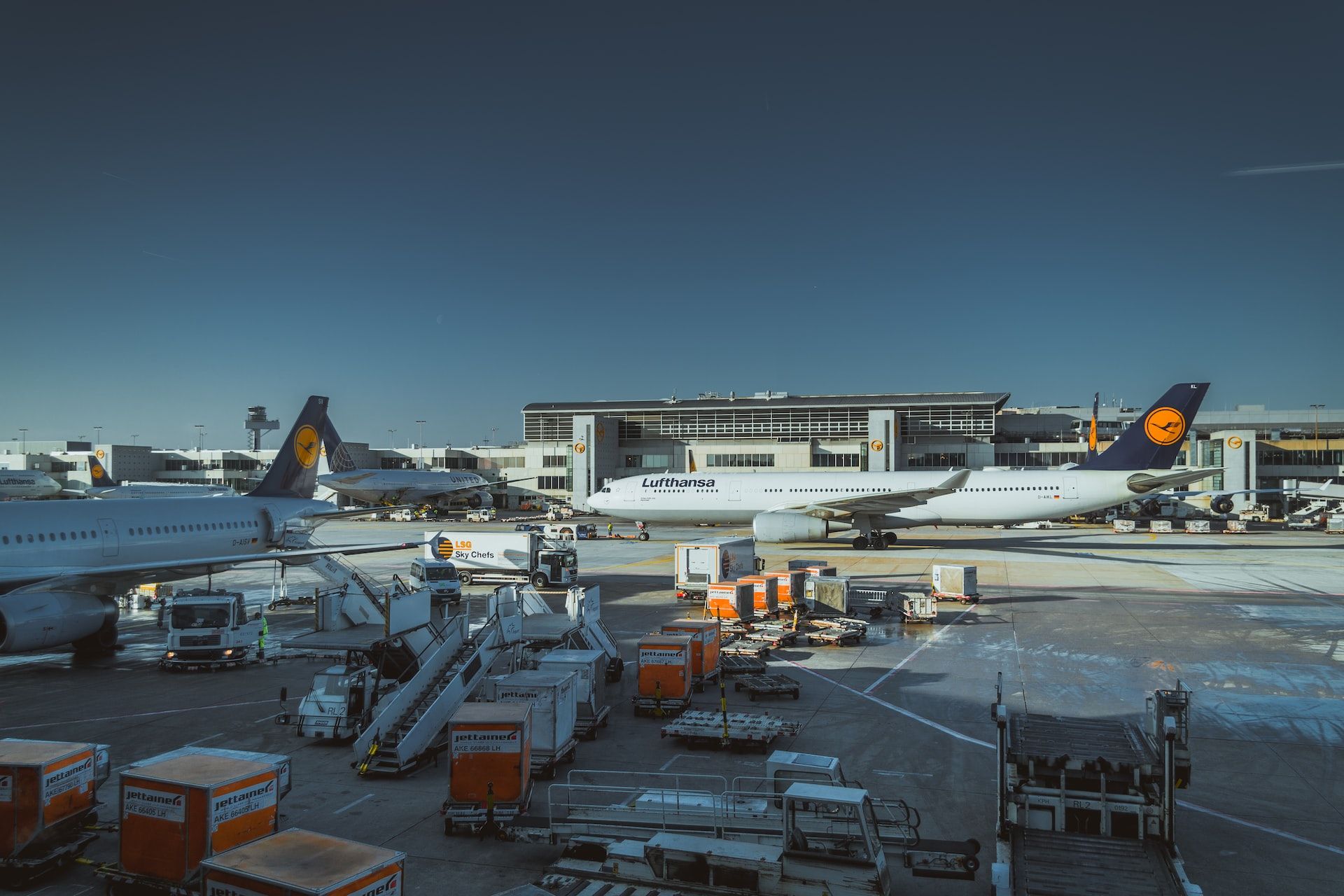Christianity in Germany
With more than 58 million followers, Christianity is the most popular faith in Germany. Protestant or Catholic denominations account for the bulk of Christians in Germany. Catholicism is more common in the south and west of Germany, while Protestantism, which encompasses Lutheran, Reformed, and United churches, is more pervasive in the north and east. German history and culture have been profoundly influenced by Christianity, as evidenced by the abundance of famous churches and temples that dot the landscape.
Germany and Islam
With more than 5 million Muslims, Islam is the second-largest faith in Germany. German Muslims are primarily from Turkey, with minor populations from other Middle Eastern, North African, and South Asian nations. The first Muslim settlements were founded in Germany in the ninth century, and Islam has been practiced there for more than a thousand years. With mosques and Islamic centers to be found in many German cities and towns, Islam is now a major part of German culture.
Judaism in Germany
In Germany, Judaism has a long heritage that goes back more than 1,700 years. The Holocaust, however, completely wiped out the Jewish population in Germany, and it has taken a long time for the society to recover. One of the largest Jewish populations in Europe today, Germany has about 100,000 Jews residing there. Jewish people have made important advances to German philosophy, literature, and the arts.
Other Religions in Germany
In addition to Judaism, Islam, and Christianity, Germany is also home to numerous other faiths. With the establishment of numerous temples and centers across the nation, Sikhism, Buddhism, and Hinduism are all experiencing growth in appeal. Germany is one of the most secular nations in Europe because a significant portion of its population identifies as agnostic or nonreligious.
Conclusion
In summary, Germany is a multicultural nation that is home to a variety of various religions and philosophical systems. In Germany, Christianity is the most popular faith, followed by Islam and Judaism. However, there are numerous other faiths present in the nation as well as a sizable population of atheists and those who identify as non-religious. All of these ideologies enrich Germany’s rich cultural legacy and add to the country’s appeal as a destination.

